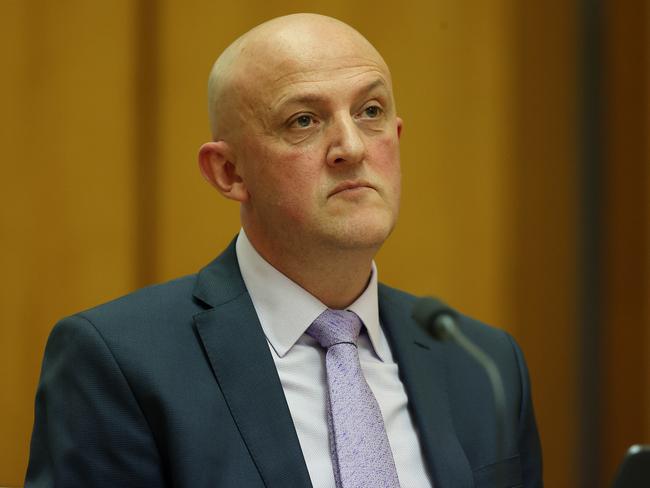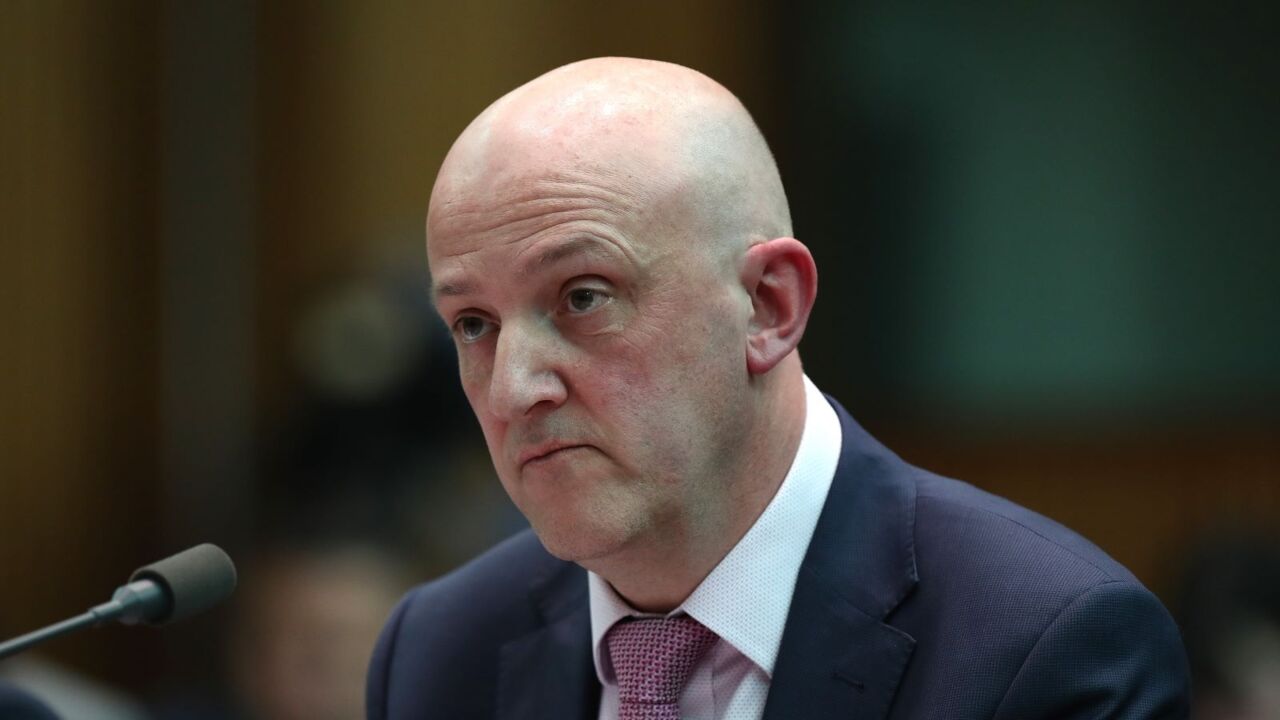Anti-terror tactics deployed in battle against foreign interference
Security agencies are deploying counter-terrorism tactics and recruiting religious and multicultural leaders to combat foreign interference in diaspora communities.

Security agencies are deploying counter-terrorism tactics and recruiting religious and multicultural leaders to combat under-reporting of foreign interference in diaspora communities facing threats of intimidation, kidnapping, coercion and blackmail.
The Australian Federal Police on Monday will launch a new grassroots campaign urging victims and witnesses of foreign-government orchestrated interference to report malicious activity to community leaders and liaison teams not involved in frontline operations. Following warnings from Australian Security Intelligence Organisation director-general Mike Burgess about a concerning up-tick in activity, the AFP is releasing a foreign interference checklist translated into more than 30 languages including Chinese, Russian, Uighur, Hindi, Urdu, Korean, Persian and Arabic.

The AFP is working closely with the US Federal Bureau of Investigation and other Five Eyes security partners to develop countermeasures and share intelligence on foreign interference operations.
Members of diaspora communities are being urged to report suspicious behaviour to community leaders, AFP liaison teams, or the National Security Hotline.
Top-tier targets identified as vulnerable to foreign agents and proxies include former or current nationals residing in Australia, politicians, human rights activists, dissidents, journalists, political opponents, religious or ethnic minority groups.
AFP special investigations commander Stephen Nutt, who is working with ASIO, the Home Affairs Department and state police, said foreign interference “represents a serious threat to Australian communities, sovereignty and security”.
“Threats of foreign interference are not constrained to one sector of the Australian community nor perpetrated by a single nation state,” Commander Nutt said.
“Foreign state actors that undertake hostile activity against other countries are creating and pursuing opportunities to interfere with Australians – from decision-makers at all levels of government, across a range of sectors, and our communities.”
Commander Nutt said at a community level, foreign interference is defined as “threats and intimidation directed, supervised or financed by foreign governments … in order to cause harm and impact on Australia’s multicultural way of life”.
The Australian understands the AFP has been restricted in bringing more foreign agents before the courts by tough thresholds set-out under the Turnbull government’s 2018 foreign interference laws. Federal investigators have also been hampered by suspects claiming diplomatic, legal and parliamentary privilege.

With several high-profile investigations currently underway in Victoria and NSW, which are understood to be linked to the Chinese Communist Party’s United Front Work Department, the AFP is expanding operations in response to a spike in foreign interference and concerns that victims are frightened to report approaches.
Foreign interference, as defined by the AFP, includes assaults, blackmail, kidnapping or unlawful detainment, stalking including unwanted physical or electronic surveillance, coercion of an individual by threatening their family or associates overseas and online disinformation campaigns through social media.
Motives of foreign agents and proxies are typically to silence criticism of an overseas government, monitor members of diaspora communities, promote the policies of foreign governments, obtain intelligence and influence opinions.
To be considered foreign interference under law, an activity must be directly linked to a foreign government or its proxy. Self-directed individuals loyal to a foreign government who threaten or intimidate community members are not captured under federal law.
Commander Nutt said an example of unlawful foreign interference is a foreign government agent paying an Australian citizen to undertake surveillance of people attending a community discussion about the foreign government and reporting back on people who were critical of the overseas regime.
“Another example is if a person in Australia willingly assists a foreign government by going to a person’s home or contacts them by telephone to threaten them with serious harm unless they stop criticising the foreign government in online forums,” he said.
In its advice to victims of foreign interference, the AFP says if they are targeted in person, over the phone or online they should record calls, save messages, write down details about threats and descriptions of agents or proxies and preserve all electronic evidence.
The fact sheet says the AFP cannot investigate “every report of foreign interference in the community”. “Each call to the NSH or report of crime is assessed on a case-by-case basis to determine if any criminal offending is identified,” the fact sheet says.
More Coverage







To join the conversation, please log in. Don't have an account? Register
Join the conversation, you are commenting as Logout